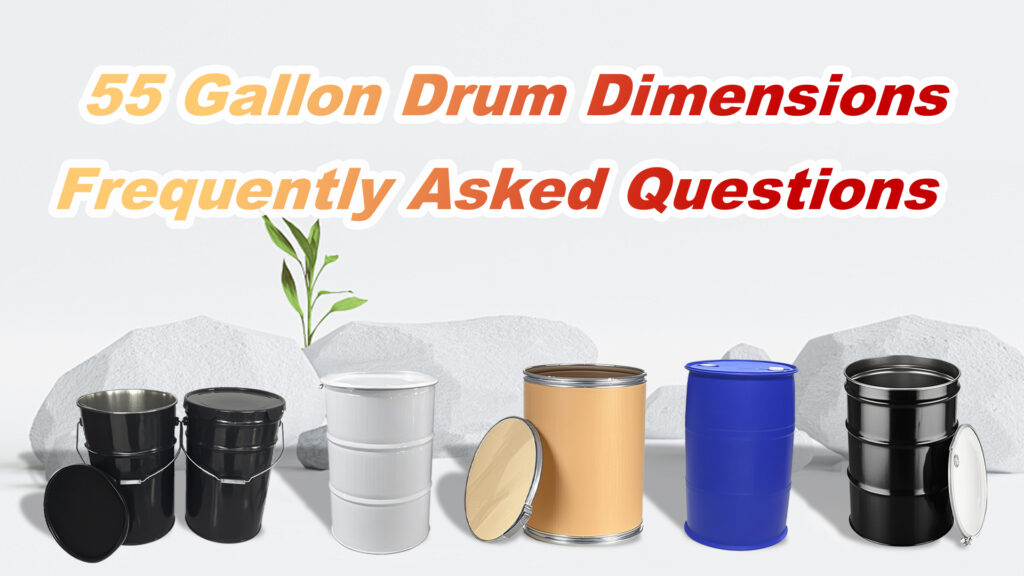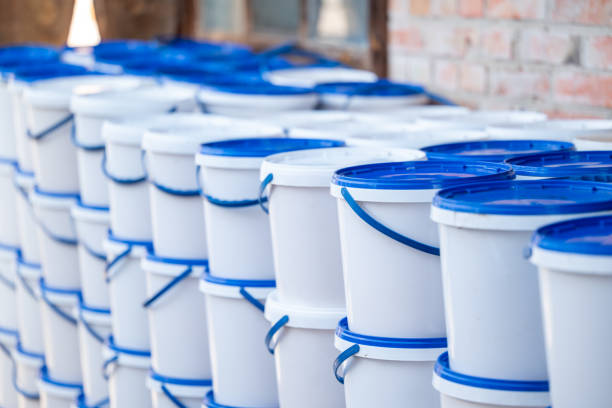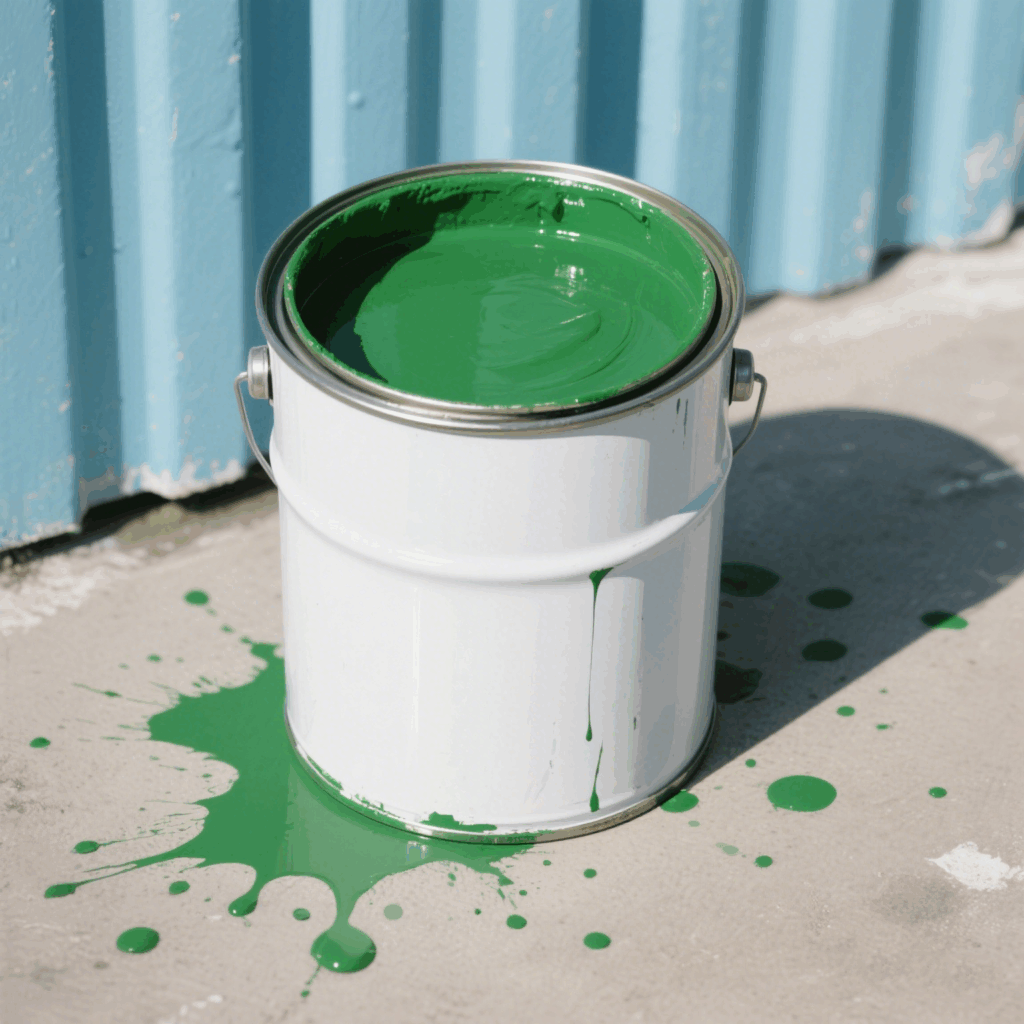Ever wondered what temperature makes aerosol cans go boom? It’s a curious question with some explosive answers! Understanding this can save you from some seriously dangerous situations. Let’s dive into the world of aerosol cans and uncover the science behind their potential to explode.
What is an Aerosol Can?
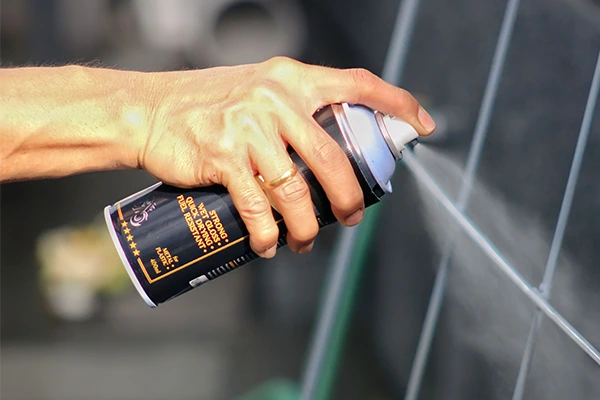
First off, what exactly is an aerosol can? It’s that handy little container that sprays everything from hair spray to cooking oil. Inside, it contains a product and a propellant, the stuff that makes it spray. It’s all sealed under pressure, making it super convenient – and potentially risky.
How Aerosol Cans Work?
How do these aerosol tin cans work their magic? When you press the nozzle, the propellant forces the product out in a fine mist or spray. The pressure inside the aerosol cans keeps everything ready to go at the push of a button. It’s like having a mini pressure cooker in your hand, but instead of cooking food, it’s dispensing your favorite products.
Can Aerosol Cans Explode?
So, can aerosol cans explode? Absolutely! Under the right (or wrong) conditions, these cans can turn into dangerous projectiles. That’s why it’s important to handle and store them properly. But what exactly causes them to explode? Let’s find out.
Factors Influencing Aerosol Can Explosions
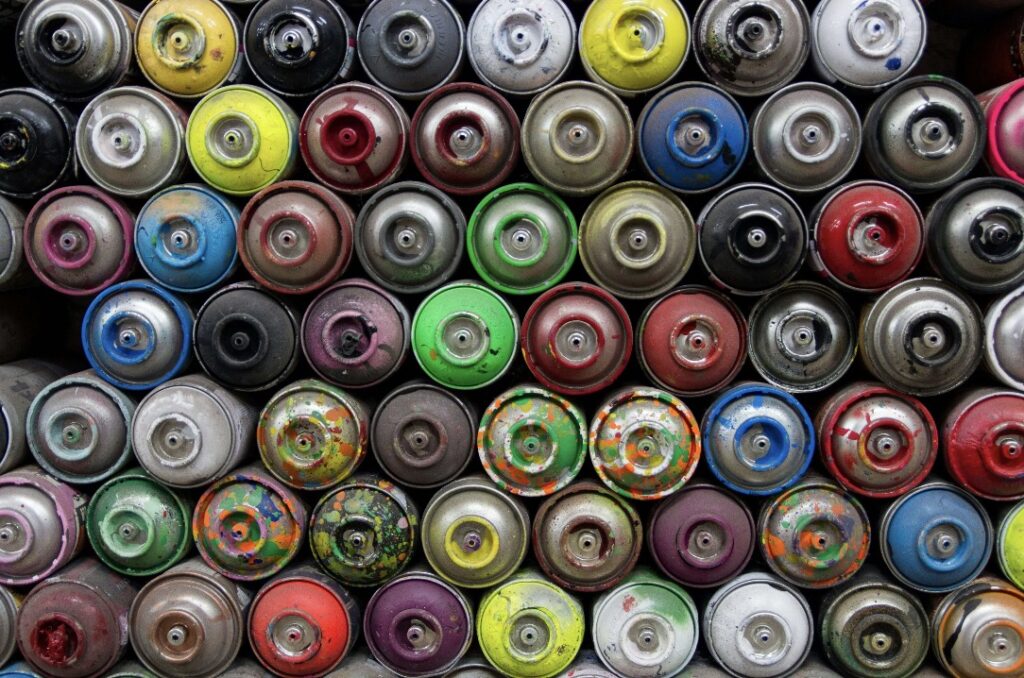
Temperature Extremes
One of the biggest culprits is temperature. Aerosol cans are sensitive to heat. Leave one in a hot car or near a heat source, and the pressure inside can build up to dangerous levels. Too much pressure, and boom – you’ve got an explosion on your hands.
Physical Damage
Another factor is physical damage. Dropping a can, puncturing it, or otherwise damaging it can compromise its integrity. Once the seal is broken or the structure is weakened, the pressurized contents can release violently.
Product and Propellant Types
The type of product and propellant inside the can also plays a role. Some propellants are more volatile than others, and certain products can react differently under pressure. Always check the label for specific warnings.
What Temperature Do Aerosol Cans Explode?
General Temperature Thresholds
Generally, aerosol cans can start to become dangerous at temperatures above 120°F (49°C). At these high temperatures, the pressure inside the can increases significantly. While there’s no exact temperature for every can, staying below this threshold is a good rule of thumb.
Specific Case Studies
There have been various instances of aerosol cans exploding in hot cars or near heat sources. For example, cans left on sunny dashboards have reached critical temperatures quickly, leading to aerosol can explosion results.
Manufacturer Guidelines
Aerosol cans Manufacturers often provide guidelines for safe use and storage. They typically recommend keeping cans away from heat sources and storing them in cool, dry places. Following these guidelines can prevent accidents.
What to Do if an Aerosol Can Explodes?
If an aerosol can explodes, prioritize your safety. Move away from the area immediately to avoid inhaling any potentially harmful chemicals. Ventilate the area if possible. Contact local authorities if the explosion causes a fire or other serious hazard.
Safety Precautions
Storage Recommendations
Store your aerosol cans in a cool, dry place, away from direct sunlight and heat sources. A temperature-controlled environment, like a cupboard or pantry, is ideal.
Handling Guidelines
Handle aerosol cans with care. Avoid puncturing or dropping them, and never attempt to open a pressurized can. Use them as directed and keep them away from children and pets.
Conclusion
Aerosol cans are incredibly useful but come with their own set of risks. Understanding these risks, especially related to temperature, can help you use them safely. Remember to store and handle them properly to avoid any explosive surprises.
FAQs on Aerosol Cans
1. What Happens if an Aerosol Can is Punctured?
If an aerosol can is punctured, it can release its contents rapidly, potentially causing harm. Move away from the area and ventilate it if safe to do so.
2. How to Dispose of Empty Aerosol Cans?
Dispose of empty aerosol cans according to local recycling or hazardous waste guidelines. Many areas have specific procedures for handling pressurized containers.
3. Are There Safer Alternatives to Traditional Aerosol Cans?
Yes, there are alternatives like pump sprays or products in non-pressurized containers that can offer similar convenience without the risk of explosion.
4. Can Aerosol Cans Explode on Planes?
Aerosol cans are generally safe to fly with in checked baggage, but they must be stored properly. Check airline regulations before traveling.
5. Will Aerosol Cans Explode if Frozen?
Freezing can compromise the integrity of the can, potentially causing it to crack or burst when it thaws. Avoid storing aerosol cans in freezing temperatures.
















